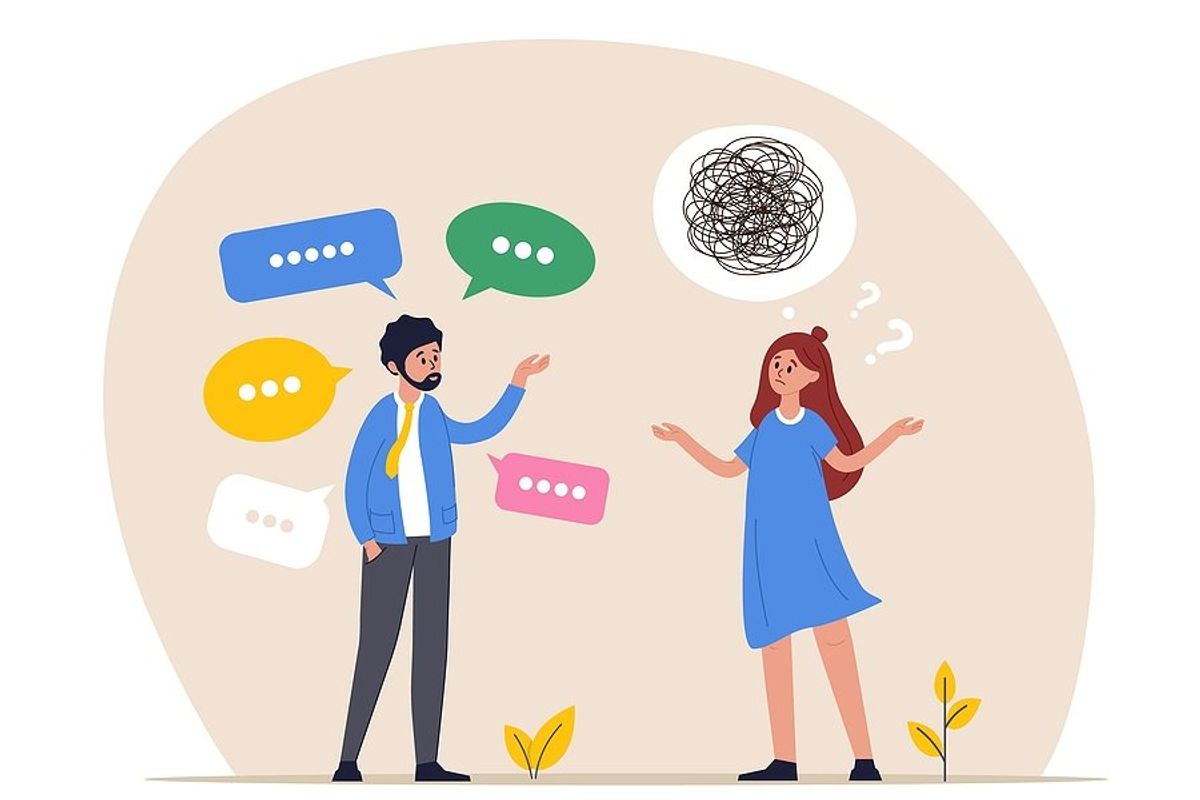
Effective verbal communication can help to ensure that everyone is on the same page and avoid misunderstandings. Misunderstandings can arise when verbal communication is unclear which can lead to confusion and even conflict. According to Liz Papadopoulos, “Effective communication requires more than an exchange of information. When done right, communication fosters understanding, strengthens relationships, improves, and builds trust.”
Does your team have new team members? If so, help them build camaraderie so that they can respect, trust, and care for each other. A key attribute is for them to be able to communicate together.
For example, when having team meetings, make sure everyone has an opportunity to speak and be heard. Each team member should feel safe to be authentic and express their opinion to the group. After all, each team member is valuable and brings something different to the table. And don’t forget that cultural differences can impact verbal communication styles.
Verbal Communication Components

Image from Bigstock
One part of verbal communication is speaking skills. You need clarity to speak clearly and concisely to effectively communicate. Your tone, which includes volume and inflection, can also impact how your message is received. If your voice is loud and carries, are you cognizant that you may be perceived as intimidating?
Another component is listening skills. When someone is speaking to you, pay attention to and listen to understand what the speaker is saying. When you actively listen, you’ll be able to understand and appropriately respond as well as ask clarifying questions. How would it make you feel if someone didn’t completely listen to you and jumped to their own conclusions? According to Stephen Covey, “The biggest communication problem is we do not listen to understand. We listen to reply.”
Both speaking and listening are important. For example, at a job interview, the organization is interviewing you about several elements including your skills, accomplishments, and fit into the organization. At the same time, you’re interviewing the company to find out about their company culture, growth opportunities, and whether the role is a good fit for you.
Ways To Improve Your Verbal Communication Skills

Image from Bigstock
How good do you think your verbal communication skills are? Do you struggle to verbalize your ideas and thoughts clearly? Do others fairly often misunderstand or misinterpret what you’re saying? Or are you uncomfortable speaking in front of people and avoid public speaking at all costs? If so, you may benefit from improving your verbal communication skills.
There are several ways to improve your verbal communication skills including:
- Record yourself – make a recording to hear how you speak. Rapidly? Monotone? Or how often do you pause thinking about what to say next and say filler words like "um," "uh," or "you know"? It starts with being aware.
- Practice speaking – take opportunities to practice speaking at meetings, or even lead presentations. Practice, practice, practice. The more you practice, the more comfortable you will become.
- Join a public speaking group like Toastmasters International. There is a network of (in person, online, and hybrid) clubs worldwide that can help you improve your public speaking skills.
- Solicit feedback – seek out feedback from others. If you’re making your first presentation at a seminar, practice with a colleague.
Having strong verbal communication skills is important in both your personal and work life. Whether you are meeting and building a new relationship, interviewing for a role, resolving a customer service call, or collaborating with Marketing on a new service, it’s critical to be able to express and exchange information.
For more information on the importance of strong verbal communication skills, follow me on LinkedIn!
- How To Ensure Effective Verbal Communication ›
- Interview Tips: Master Your Nonverbal Communication ›
- What You Need To Know About Effective Written Communications ›
- How To Win Friends In The Workplace (Through Communication) ›
- 3 Things To "Listen" For During Job Interviews - Work It Daily ›

 Bigstock
Bigstock Bigstock
Bigstock Bigstock
Bigstock


